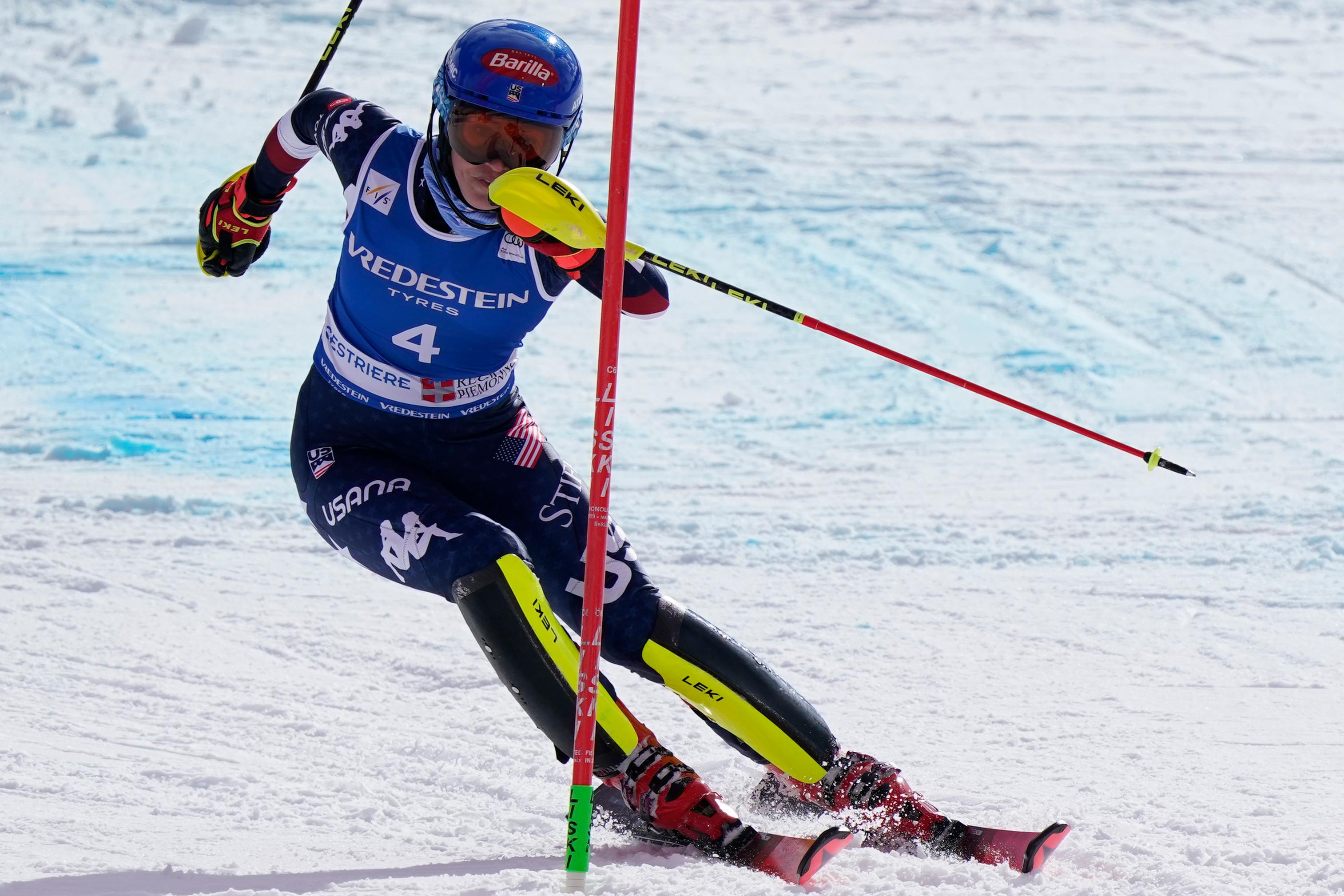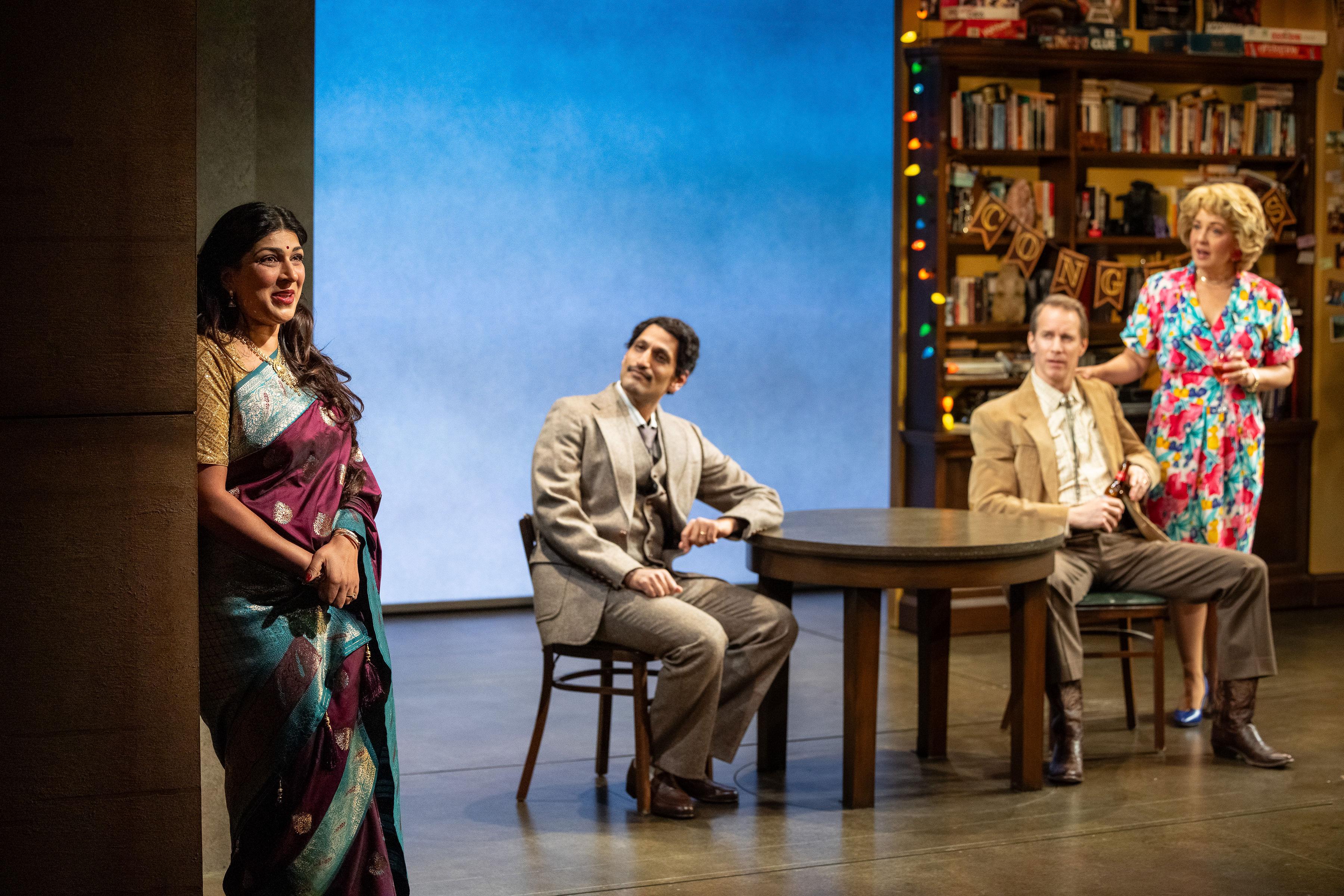For our sixth episode of the Converge Lecture Series Podcast, we're joined by writer Anthony Doerr.
A writer of short stories, memoir, and novels, Doerr is perhaps best known for the book, All The Light We Cannot See. Released in 2014, that book earned Doerr a Pulitzer Prize for Fiction, and was a huge commercial success, living on the New York Times Bestseller List for 130 consecutive weeks.

Set in Europe amid the chaos of the second World War, All The Light We Cannot See follows two children: Marie-Laure, a blind French girl who helps her great-uncle broadcast radio messages for the French resistance in the Nazi-occupied town of Saint-Malo; and Werner, a German orphan whose fascination with radios and natural skill as an engineer leads him to a Hitler-youth boarding school, and eventually into the Nazi army, where he tracks down French resistance broadcasters like Marie-Laure and her great-uncle. In a vividly rendered story that spans many years, the book explores the small and large ways that ordinary people struggle against -- or succumb to -- the forces of history and the pressures of their time.
Doerr's other works include two collections of short stories -- The Shell Collector and Memory Wall -- the novel, About Grace, and Four Seasons in Rome, a memoir.
Doerr lives in Idaho, where he's currently working on his next novel. He was invited to speak in Colorado Springs as part of Converge Lecture Series, which brings writers and poets to the city to share their reflections on art, life, and the topic of Moral Beauty.
He spoke with 91.5 KRCC in advance of that talk.
Listen to the full interview above, or subscribe to the podcast on iTunes or Google Play.
Interview Highlights
On the difficult, lifelong practice of writing:
We're using these fungible, man-made, agreed-upon things that are words, and we're trying -- I'm trying -- to mimic the eternal, infinite beauty I see in the starry sky at night. You're always fumbling after it. Your words are always going to be inexact and only partially precise. Together with the reader, you work in this kind of ballet to build this imaginative thing that lives between you, and that's an incredibly beautiful and human thing, but it's never going to be as good as my original, unsullied, unwritten version of a book. Each time you even try to make a sentence, it's always a little surprising and inaccurate and faulty … That makes it a lifelong art. That makes it a beautiful, hopeful thing each time you sit down and you're like, "this time, maybe I'll be a little better than last time." But ultimately, you can never say, "I wrote the thing that I saw."
On how the success of All The Light We Cannot See affected his writing process:
Oh, it pumped gallons of fear into it. You know, you're always wondering, if you make something that popular, what did you do wrong? I am still kind of absorbing that. You know, I would reach maybe 50 or 60 thousand people with my previous books, and that was exciting. I could write back to every person that wrote to me. I was able to deal with my email … At the peak of [All The Light We Cannot See], I just got extremely overwhelmed. There are other writers on the bestseller list who I feel like are more professional than me, they have maybe an assistant, or apparently some of them even have a staff. I just had my email address on my website for the first couple years … You start to enter a place of total exhaustion because you're not working. I wasn't able to really work for a couple of years on my on work … It was a big maturation process. It's a great gift, but I had a lot to learn about how to handle my life.
On the moral role of the author:
I feel like, if there's one thread that's run through all my work, it's always, like: look at this place. Look at how freaking lucky we are to be in this world. Look at how unbelievably gorgeous it is and look at what a tiny, tiny finger-snap of time we get to be here. And what do you want to do with those geological milliseconds that we get on this earth? Can you see yourself in a chain of people, and not be so self-centered as to think, "my life is the most important," or "the time I'm living is the best," and remember that what we leave behind is as important as what we've inherited. So I hope my work kind of keeps waking up a reader every few pages to the miracles of what's around us, and of being alive … That's the role of poetry, at least for me, and I think fiction too.
91.5 KRCC is a media partner with Converge Lecture Series








